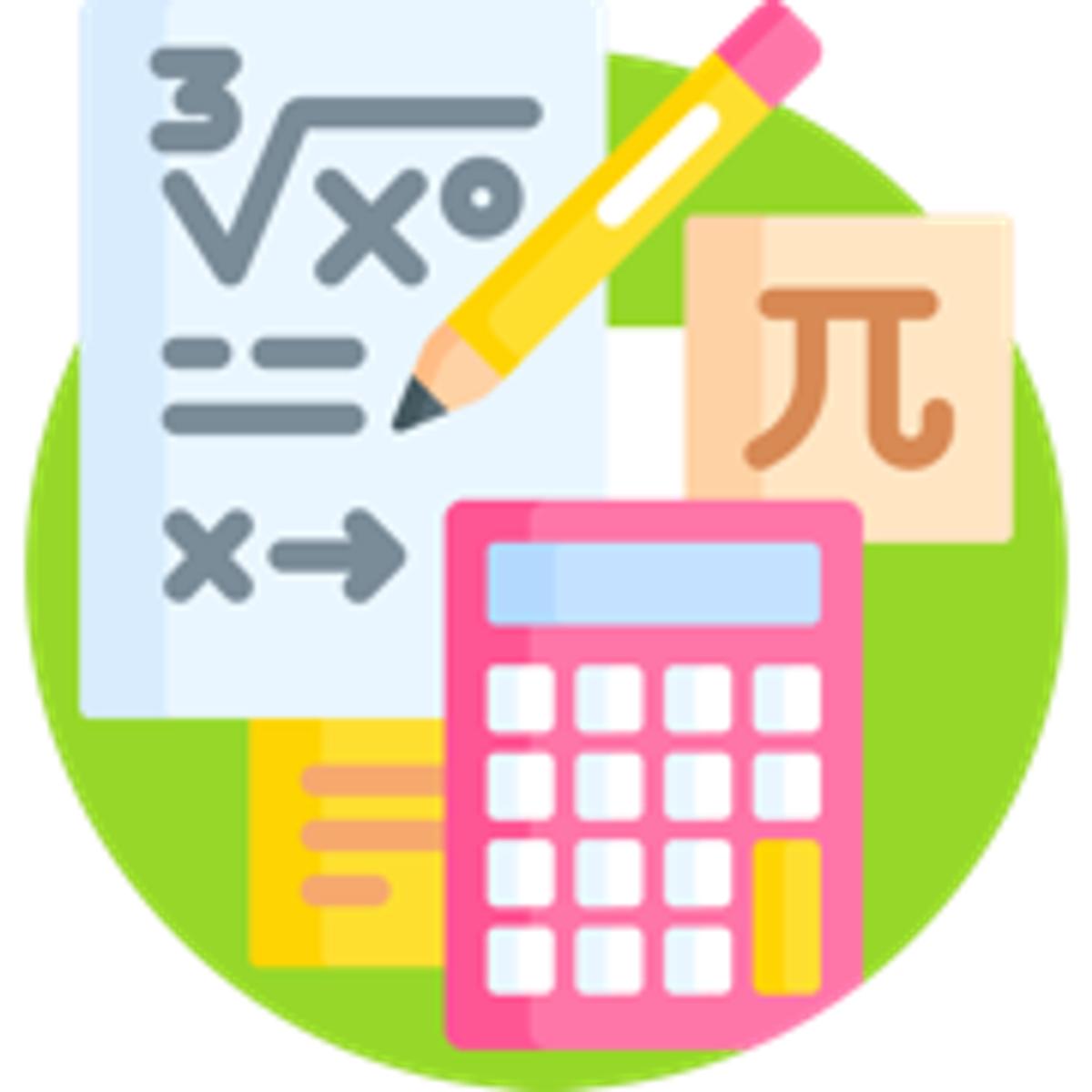Year 4 Term 2 Newsletter

Meet The Teaching Team
4A - Patrick Hughes (PLC Leader)
4B - Robyn Apostolopoulos and Rebecca Robinson
4C - Sarah Lazzaro
Welcome to Term 2
Greetings from the Year 4 teaching team!
As we venture into Term 2, we are thrilled by the continued enthusiasm and growth we've witnessed in our students. They have seamlessly settled into their classes, forging friendships, and embracing learning experiences with positivity.
We have enjoyed catching up with most families as part of the Learning Progress Meetings. The end of this term will see the release of the Semester 1 Report, which will guide parents on their child’s progress. Reports are a snapshot of the available data and teacher judgement, so we encourage parents to reach out if they have any questions about how their children are going.
We are looking forward to deepening our connections with your children and to a fantastic remainder of the year ahead.
Specialist Timetable
Specialist | 4A | 4B | 4C |
| Music (Tamara Spain) | Wed | Thu | Mon |
| Italian (Stella Mondy) | Wed | Tue | Tue |
| Art (Suzanne Reid) | Wed | Wed | Wed |
| PE (Rebecca Robinson) | Tue | Wed | Tue |
| Science Lab (Nahal Atashkadeh) | Tue | Tue | Wed |
| Library | TUESDAY | ||
Important Dates
9/05, 16/05, 23/05, 30/ 05, 06/06: Walk or Wheel to School
09/06: King's Birthday - Public Holiday
10/06-20/06: Learn to Swim Program
01/07: Curriculum Day - Student Free
04/07: Last Day of Term 2 - 2.30pm finish
Electronic Rolls
Our electronic rolls are legal documents therefore we must be accountable for any absences. Please assist with this by informing the school by replying to the text message sent by Sentral in the event of your child being away.
Teaching and Learning
Reading and Viewing
Students are focusing on the strategies used by good readers to improve their comprehension. They will take part in a range of activities that will explicitly teach them how to:
• Self-monitor
• Identify Author’s Purpose
• Make Inferences
Students will read one on one with their teacher to build on their own reading strategies. Individual goals will be discussed and students will practise these goals during independent reading time.
Writing
Students will study persuasive text types with a focus on organisation and language features. They will build their vocabulary and background knowledge through research and will use this information to write paragraphs that include opinion statements and supporting details. Students will learn to organise ideas into paragraphs that group similar ideas together and to write increasingly complex sentences. In addition, students will continue building their skills in planning, composing, revising, editing, and publishing their writing. As part of our study of English Orthography, students will further investigate how the written word works, focusing particularly on how joining changes occur when adding suffixes to base words.
Speaking and Listening
This term we will continue reading our class novel ‘Danny the Champion of the World’ and begin a new novel. Students will practise sharing their thoughts and ideas about the text and listen for key information to support their ability to summarise what we’ve read.
Students will continue to practise their speaking and listening skills throughout the day across a range of areas. They will engage in active listening and practise expressing their ideas and opinions clearly to the whole class or small groups.
Mathematics
This term in Maths, we have started by exploring Multiplication and Division. We will also be learning about Length and Area, 2D Shape, and Fractions, as well as revisiting Addition and Subtraction. Our goal is to support confident, long-term learning and success in maths for all students, and to help students develop a deep understanding of mathematics through clear, structured lessons. We want to encourage all the students to think critically, make connections, tackle challenges, justify their reasoning, and embrace the process of problem-solving.
Throughout the term, students will collaborate with peers, enhancing their communication and reasoning skills. Formative assessments and student work samples will guide our teaching, empowering students to take ownership of their learning journey.
Outside of class, students are encouraged to continue sharpening their speed and accuracy in recalling addition and multiplication facts.
Humanities
Our Humanities inquiry focus question this term is, "How and why is Australia similar and different to Africa and South America?" Students will investigate the features of each place and describe the characteristics that are similar and different. They will identify and explain how the environment supports the lives of people and other living things.
Students will develop the skills of mapping while learning all about features of a map, such as legend, compass and scale. They will locate places on a map. They will develop skills in evaluating by considering how and why places are different.
Students will celebrate their findings by creating a Travel Brochure at the completion of the unit.
Wellbeing
CEPS VALUES
COURTESY RESPECT CO-OPERATION RESPONSIBILITY
This term, the value our school is focusing on is RESPECT. Opportunities will be provided for students to explore various skills through age-appropriate activities. Friday afternoon assembly awards will be given to children leading by example. Parents of award recipients will be notified by the classroom teacher via Dojo prior to Friday’s assembly.
Supporting Learning from Home
Homework
With exceptionally busy lives, we have found over the previous years that many families are struggling to find the time to meet ‘deadlines’ with homework. This year we will provide work throughout the year and are happy to support families with their requirements by reviewing work on request, answering questions, and providing target support to students as needed.
Homework, as detailed below, shouldn’t be more than 90 minutes per week.
Things you can do at home that will support your child’s learning:
• Read! Read as much and as often as you can. Read aloud. Be read to. Share a book. Compare books. Have conversations about what you are reading. Aim for a minimum of 15 minutes at least four nights during the week.
• Maths. Students should spend half an hour every week focused on developing fluency with number facts. They could play dice or card games, help with real world maths like shopping, or use Mathletics as a study tool (students can choose an activity that suits their needs; teachers can provide guidance if asked).
• Challenge. Students thrive with challenge, but struggle with failure. They only learn to manage adversity by surviving failure. Give them opportunities to fail safely. Eg, cook dinner (almost) on their own, make the shopping list for the week, plan and coordinate an outing with a friend.
Communication
Classroom Dojo : Whilst we endeavour to get back to you in a timely manner, please understand that we are often unable to check these messages until after 3:30pm. If you need an important message to be passed onto your child, we ask that you communicate this via the office.
Sentral: Sentral is the formal tool for communication regarding attendance, payments, excursions, camps, permission forms, school reports, etc…!
Please use Sentral to advise the school in a timely manner of all student absences.
Early Pick Up: If you need to pick up your child early, please collect them from the office area and be sure to sign them out.
You can also keep up-to-date by using the school website and weekly newsletters: http://www.cheltenhameast.vic.edu.au








